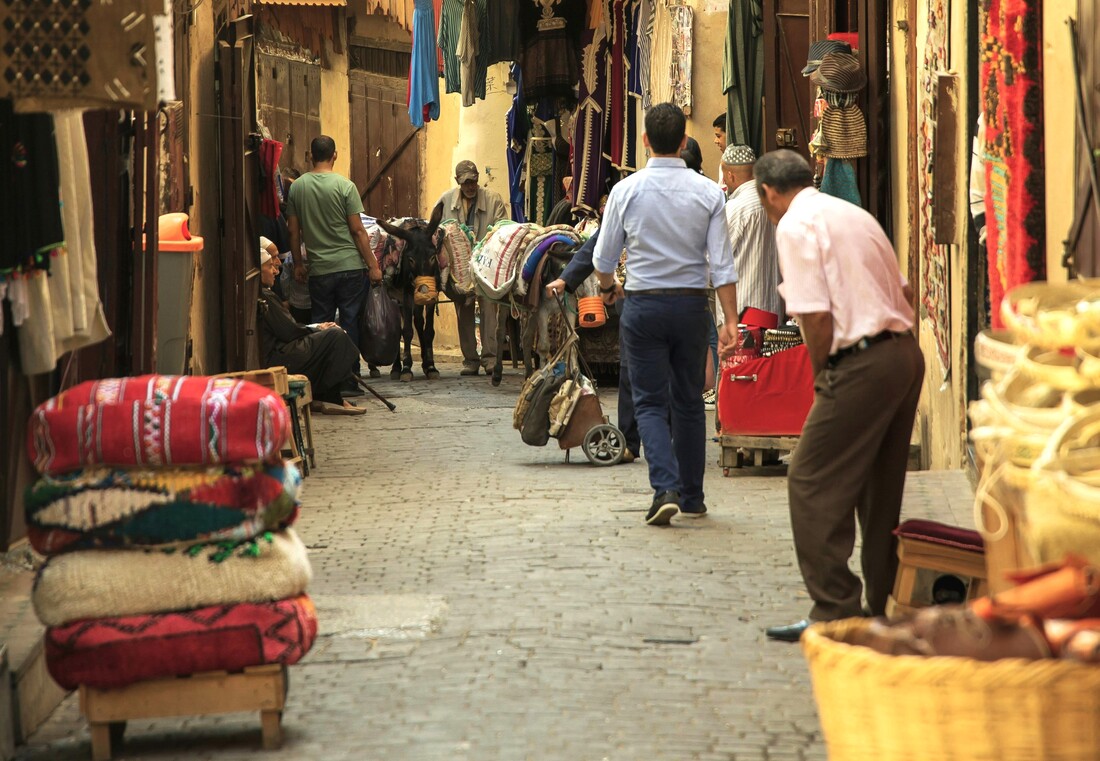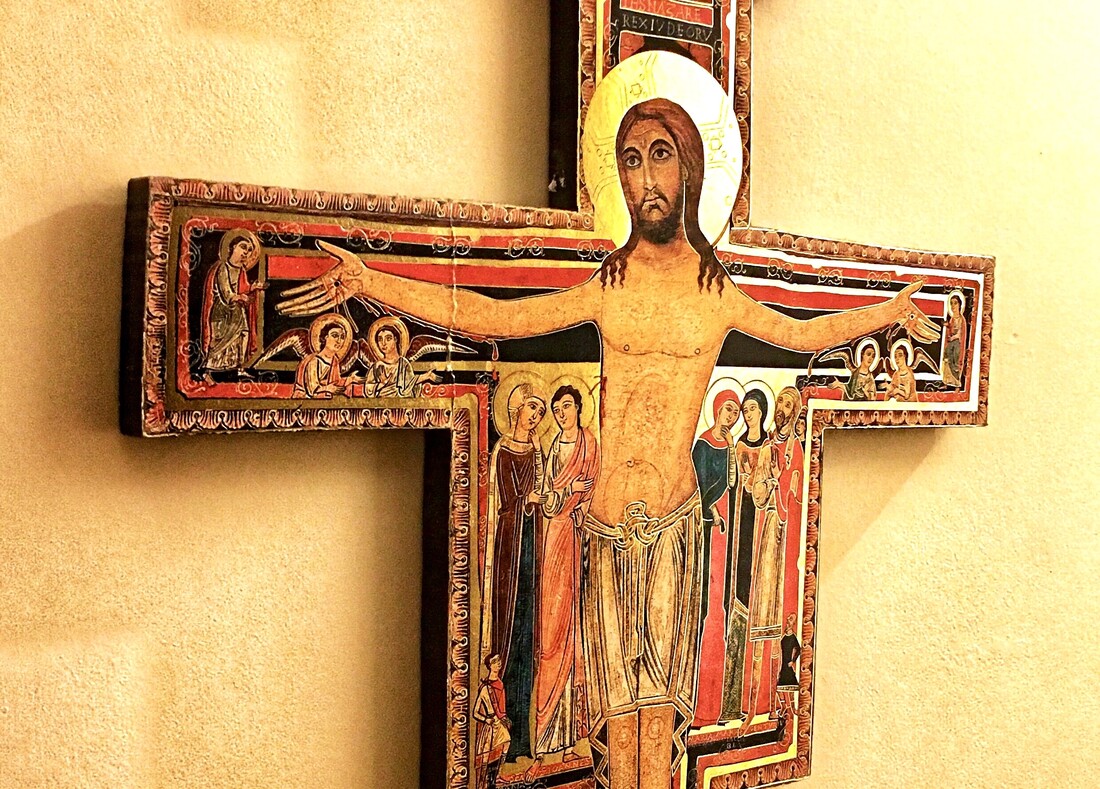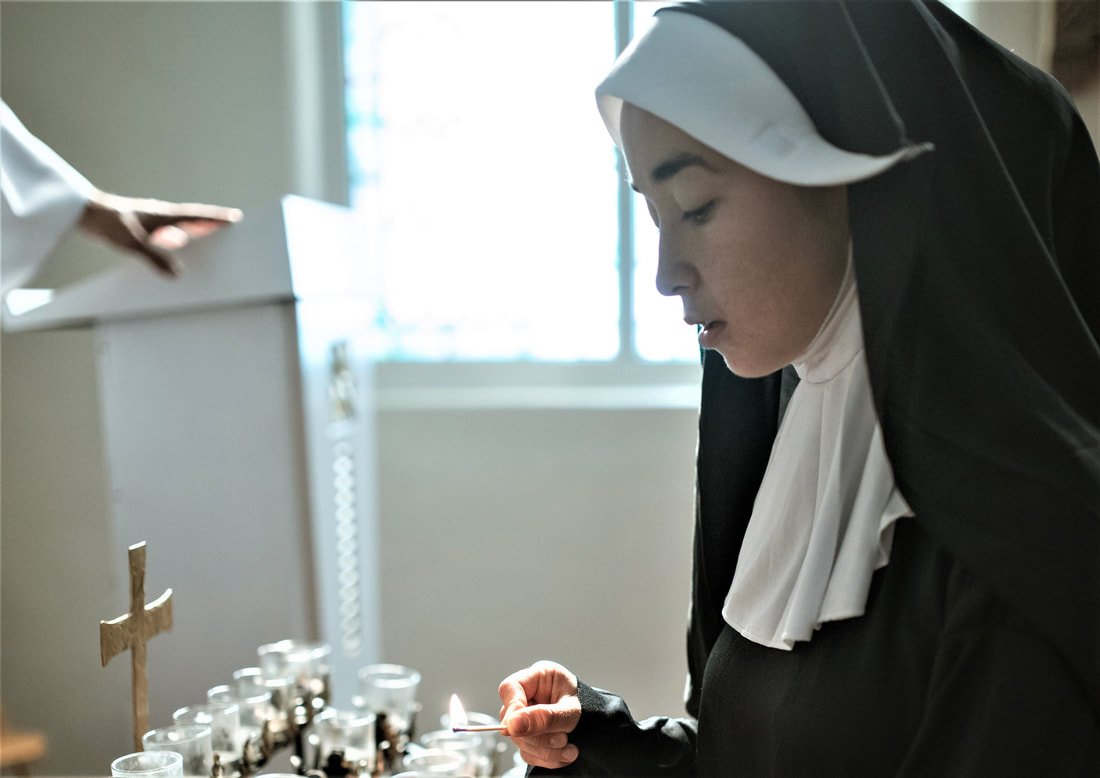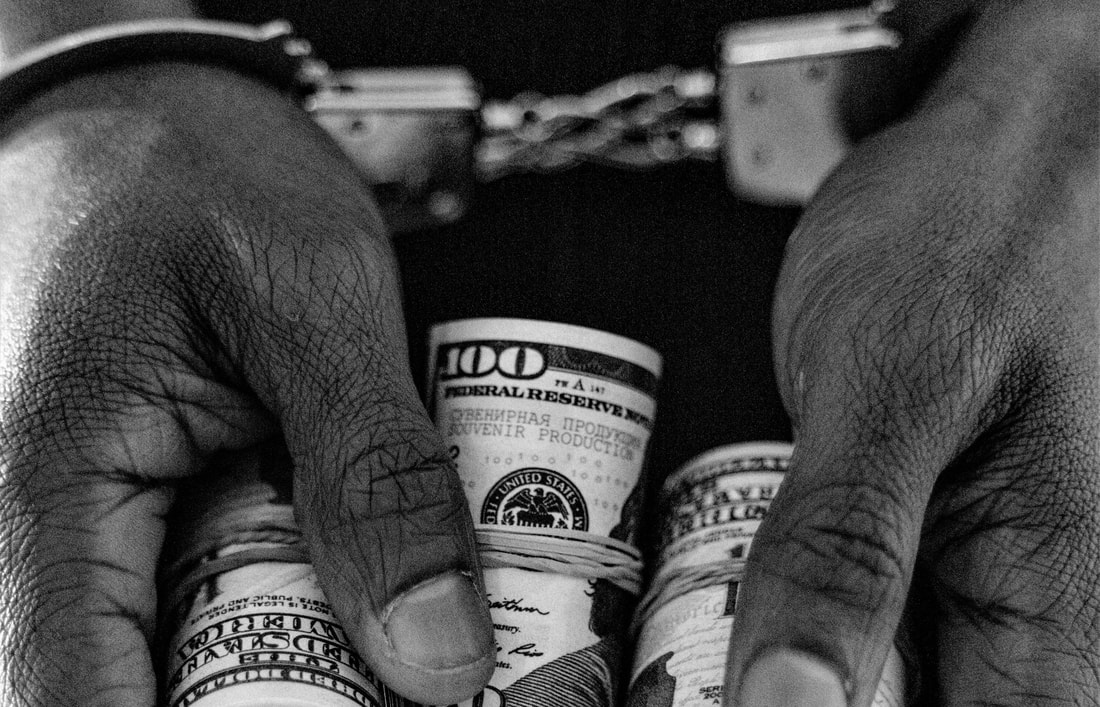|
‘Grief is not a disorder, a disease or a sign of weakness. It is an emotional, physical and spiritual necessity, the price you pay for love. The only cure for grief is to grieve.’ (Earl Grollman) Ambushed by grief. A graphic book title and a profound way to convey the experience of the experience. Grief can, at times, take us completely by surprise, impacting us suddenly and as if out of nowhere; leaving us breathless, broken and bleeding. My most traumatic grief experience was at age 18. I still re-experience it, like living in the vice-like grip of a terrible nightmare that stubbornly, agonisingly and tormentingly won’t let go. One of the best descriptions of grief I’ve ever read is a beautiful and painful personal expression of this phenomenon that, in the midst of such agonies, offers a picture of hope. It resonates with much of my own personal experience too. Only in more recent years have we begun to discover, perhaps to rediscover and to understand, the somatic dimensions and consequences of traumatic grief. The body certainly does keep the score. On Easter Saturday (a day that marks the existential time gap between Jesus’ death and his resurrection) this year, I visited a Christian community where one of its leaders shared a deeply evocative short video clip by Massive Attack. It captured and expressed feelings of denial, betrayal, pain, abandonment and death in such a way that left me stunned and speechless. We prayed for all who feel trapped in a perpetual state of dysthymia.
12 Comments
‘We're fascinated by the words – but where we meet is in the silence behind them.’ (Ram Dass) I remember my first experience of haggling over the price of a leather belt in a Palestinian marketplace. I was a teenager at the time and I found this approach to buying and selling novel and entertaining. The smiling street vendor played the game skilfully. I asked, ‘How much?’ to which he responded, '$6.’ ’$6?’ I replied, ‘I could get the same belt at another stall for $1. How about $2?’ ‘$2?’ He replied, ‘Please don’t insult me. It cost me more than that to make it. As a special deal, however, I’ll give it to you for $5.’ ‘$5?’ I replied, ‘The most I would pay for it is $4.’ ‘$4?’ He replied. ‘Don’t you realise I have a family and children to feed?!’ He grinned. We closed at $3. To a Westerner, where buying and selling is typically more transactional than relational, this toing and froing can feel like a manipulative game; frustrating, bordering on dishonest and time-wasting. That’s mostly because we tend to miss the underlying cultural meaning and purpose to this type of engagement. I met recently with an international team from USA, Netherlands, Jordan and South Africa. They are part of a Christian organisation and were keen to identify and work through some cross-cultural and relational challenges. I decided to share a short passage from the Bible with them, then to invite them to discuss what sense they made of it: “Jesus withdrew to the region of Tyre and Sidon. A Canaanite woman from that vicinity came to him, crying out, ‘Lord, Son of David, have mercy on me! My daughter is demon-possessed and suffering terribly.’ Jesus did not answer a word. So, his disciples came to him and urged him, ‘Send her away, for she keeps crying out after us.’ He answered, ‘I was sent only to the lost sheep of Israel.’ The woman came and knelt before him. ‘Lord, help me!’ she said. He replied, ‘It is not right to take the children’s bread and toss it to the dogs.’ ‘Yes it is, Lord,’ she said. ‘Even the dogs eat the crumbs that fall from their master’s table.” And now to the critical closing: “Then Jesus said to her, ‘Woman, you have great faith! Your request is granted.’ And her daughter was healed at that moment.” (Matthew 15:21-28) To the Westerner who views language and transactions in literal, linear, straight lines, Jesus’ initial responses to the woman are shocking. We take his opening action as his definitive stance. We don’t see the smile on his face or the glint in his eye, or understand the movement as the interaction progresses. We may assume the story is written to affirm the woman’s perseverance. We may think she has changed his mind. We are likely to miss the Semitic ritual of building or navigating a relationship. The Jordanian participant saw this immediately. The others looked surprised. (I must confess I didn’t understand this, too, until a Kurdish-Iranian friend had explained this dynamic to me). The cross-cultural implications are clear. If I judge your actions by unknowingly mis-inferring your intentions (being influenced subconsciously by my own cultural assumptions), all kinds of misunderstandings and tensions can arise. It cautions me-us to approach people and groups from different cultures with an open mind, a spirit of curiosity and a great deal of humility. Bottom line: We’re not only negotiating a price; we’re also negotiating a relationship. ‘At such moments we don't choose silence...but fall silent.’ (Philip Simmons) As 2024 opened, I found myself yearning for silence, a sacred space to sit quietly and alone with my face turned unequivocally towards God. I found such a place in Alnmouth, a Franciscan retreat centre in the North East of England. Its spirituality focuses on Jesus and the poor and that matters deeply to me too. I had first found Jesus through a close friend who went on to become a Franciscan so this felt like a familiar place, like returning home after a long journey away. I packed a case and went. The days started early and ended late with a time of silence or spoken liturgy in a simple candle-lit chapel. As I sat or stood listening to the devout Franciscans chanting words slowly and meditatively from the Bible, my attention was drawn to a stark representation of Jesus on a cross at the front, straining to look upwards to his Father. I felt hurt, angry and confused by his suffering and, at the same time, intensely frustrated by my own weak faith and what the Bible calls sinfulness. He deserves better. As I sat in the deep silence that followed, I recalled some words from Iain Matthew (The Impact of God): ‘Someone is there – you notice out of the corner of your eye – Someone is there looking at you...and has been for some time. You realise your whole Christian life is an effect, the effect of a God who is constantly gazing at you – whose eyes anticipate, penetrate and elicit beauty.’ It isn’t about me. It's about God's expression of amazing divine love that holds the power to transform everything. 'The first Advent was the embodiment of God's peace plan.' (CMEP) Advent is the anticipation of an arrival. Not just any arrival, but a re-living of the first arrival of Jesus Christ in this world. It’s also a looking forward in anticipation to the re-arrival of this Jesus in the future. In this sense, Christmas, for Christians, represents a fundamental pivotal event, a radical Kairos moment in human history. Against that backdrop, a Nigerian visitor commented in astonishment at how, in the UK, the Christmas miracle appears to have been drained of all life, vitality and meaning. We seem to have exchanged this amazing earth-shattering event for superficial, glittery materialism. Some Iranian friends asked me to explain what Christmas does mean for Christians. What’s its significance for us now? I drew on Francis Spufford’s words in Unapologetic (2012) that, if we look honestly at our own lives and across the world today, we can see evidence of the ‘human propensity to f*** things up’ everywhere. In biblical language, that’s the impact of sin (an unpopular word and concept today!). In essence, Jesus came to save us from it, to reconcile us to God and, that way, to transform humanity. We can see the effects of authentic spiritual transformation in people’s lives: ‘Mine was a happy family. I had one brother and one sister, but I do not like to talk about it. It is not important now. The important thing is to follow God’s way, the way he leads us to do something beautiful for him.’ (Mother Teresa) ‘Like anybody, I would like to live a long life. Longevity has its place. But I'm not concerned about that now. I just want to do God's will. He's allowed me to go up to the mountain top. And I've looked over. And I've seen the Promised Land.’ (Martin Luther King) ‘I have lost everything. Now I just want to know Christ, to become like him’. (Paul in Philippians, the Bible) For me, Advent is a period of critical reflection on my own faith and stance in the world, to consider how far I’m allowing God to arrive in and transform my life. As we approach the New Year, I think of Advent as preparation to venture out on a new advent-ure in faith, to discover God afresh who arrives there before us. ‘I’m not saying that I have this all together, but I am well on my way, reaching out for Jesus who has so wondrously reached out for me. I’ve got my eye on the goal where God is beckoning us onward – to Jesus. I’m running and I’m not turning back.’ (Paul in Philippians, the Bible) What does Advent mean to you? May God give you peace and hope. [See also: Arrival; Advent; Discovering our true selves] ‘Money – it’s a hit. Don't give me that do goody good bullsh*t.’ (Pink Floyd) ‘When I die, if I leave ten pounds behind me, you and all humanity may bear witness against me that I have lived and died a thief and a robber.’ (John Wesley) Now that’s extreme. In his lifetime, UK Christian preacher John Wesley is estimated to have earned around £30,000 (roughly equivalent to £1,000,000 today). When he died in 1791, 47 years after having written these astonishing words (above), he was found only to have a few coins left in his pocket. He had given everything away. Wesley believed that to follow Jesus meant intrinsically to use whatever resources God had given him to help others in need. He challenged fundamentally those who believed that material acquisition was a blessing from God to enjoy for their own benefit. As his own income increased, he stayed at the same simple baseline and gave even more away. I find Wesley’s example incredibly humbling and challenging. I live in a society that is individual-, wealth- and future-orientated. An implicit cultural imperative is that we should each make as much money as we can; both so that we can improve our own quality of life today and prepare for the future, confident that we will have plenty to spend then as now. I once had a long journey home from working among the poor in Cambodia. An intrigued Indian Hindu businessman travelling next to me on the plane confessed in bemusement that he found my work for a Christian NGO shameful: ‘Shouldn’t you be earning as much money as possible to increase your own family’s wealth?’ He had a point. To take care of one’s own family is, of course, an important, universal, human value. Yet, still, our worldviews collide. I find my life inspired by a different ethic, exemplified by Jasmin, a radical follower of Jesus among the poor in the Philippines: ‘Whatever status or power you have, use it for those who are vulnerable; whatever money you have, use it for the poor; whatever strength you have, use it for the weak; whatever hope you have, use to bring hope to those who live without hope. Speak up for justice and truth – whatever the cost. Pray.’ That isn’t about self-righteousness. It’s not a denial of the visceral tug of anxiety and security. It is about choice, decision and stance. What beliefs, values and principles guide your life? What do they look like in practice? If you’ve ever lost a set of keys, you’ll know how frustrating it can be. I once left my keys in the ignition switch of a car. I could see them through the driver’s window dangling tantalisingly at me but couldn’t get inside the locked car to retrieve them. More recently, I moved house and found a whole container of keys that I couldn’t recall ever using. I had kept them in a safe place but now couldn’t remember what they were for. I left them with some trepidation, hopeful that the new owners could use them yet nervous that at some point in the future I may discover I need them.
The thing about keys is that they unlock things. (They lock things too but I’m going to focus for now on the unlocking part). Without they key, whoever or whatever lays behind the locked-lock is there all the same and yet inaccessible and unavailable to us. In that sense, insofar as our connection with who or what lays behind the lock is concerned, it’s as if they or it exists for us only in potential. Our reasons for locking are interesting too. We sometimes lock to keep things safe; at other times we lock to keep ourselves or others safe. In effect, a key can be a means for release or for constraint. I think there’s a useful metaphor here. In organisations, groups and people, who or what lays locked away that, if released, could become, enable or achieve great things? Who or what are the keys that could unlock, resource or set free that amazing hope and potential? I believe this is a treasure that leadership, coaching, OD and training can bring. It’s about being present, reaching out, listening, being curious, posing questions, sharing ideas, taking risks, trusting intuitions. In biblical terms, it’s about spotting and nurturing God-given gifts and talent. Are you the key to someone’s lock..? It has been great to work with charities, human rights and international NGOs for over 25 years. Yet I keep seeing the same 4 x Cs impeding and undermining well-being, development, sustainability and hope. These are: culture, conflict, corruption and climate. In the face of complex global, systemic issues and dynamics and what can look like insurmountable odds, we can feel like Sisyphus of Greek mythology, endlessly pushing a heavy boulder uphill only to have it endlessly roll down again.
Take a culture that denies girls and women access to education, thereby limiting its own potential and capacity for the future. Or a violent conflict that wipes out years of progress, reducing people’s homes, livelihoods and infrastructure to ruins. Or insidious corruption that stifles human rights and drains away precious resources to line the pockets of the rich and powerful. Or dramatic changes in climate that render whole populations vulnerable to drought, flooding, poverty or displacement. I wish I could point my finger at the anonymous, proverbial ‘they’ or ‘them’ who are responsible for all this. I’m tempted to blame politicians, media, religions, banks, multinationals, oil companies, rich, poor, uneducated, apathetic, self-interested, everyone…but myself. Yet, if I’m honest, I see imprints of similar dynamics at work within me too. It’s what Francis Spufford (in his vivid, graphic paraphrase for the Christian notion of sin) calls bluntly: the universal human propensity to f*** things up. So - what advice could we offer Sisyphus today? What can we learn as leaders, coaches, trainers and OD? 1. Recognise that who we are and what we do is part of what is: we are part of the problem and part of the solution too. 2. Step back from immediate issues and concerns to view things systemically and prayerfully: who or what is causing and sustaining what, why and how? 3. Be humble, collaborative and courageous: who else's insights, talents and resources could we draw on to achieve meaningful change? I haven’t always been good at doing the sensible thing. Take, for instance, the time when I left my job and studies in industry after 5 years of hard work, 3 months before my finals. I had recently become a Christian and believed Jesus was leading me into a new volunteer role in community development instead. My family and friends thought I had gone crazy. What on earth was I thinking of? They urged me to do the sensible thing, not to be so reckless with my life. I could understand what they were saying. Nevertheless, I resigned and never looked back. Not even for a moment.
That was one of the best decisions of my life. It changed the course of everything for me. I also wasn’t sensible, apparently, when I decided to give all my possessions away, to live out of a rucksack in an attempt to identify with the world’s poorest people. I wasn’t sensible when I worked in some unstable and dangerous places in the world in my work with charities, human rights and NGOs. I wasn’t sensible when I applied to do a master’s degree when I didn’t have any of the pre-requisite qualifications. I prayed, negotiated, worked hard and completed it with a distinction grade. I wasn’t sensible when, more recently, I crashed my bike on a charity ride and snapped my knee sideways, leaving me seriously debilitated. I was told to be mindful, to accept my new reality and not to fight against it. I refused and I dragged myself forward step by painful step. I can now walk. I have managed to cycle and swim further than I had ever done before. I have learned that ‘sensible’ is a construct, a preference, a cultural outlook, a state of mind, a stance in the world. It appears self-evident, rational, reasonable and safe. Yet how far are we willing to take a risk - a leap of faith? Harley Pete is a rough diamond. He’d say so himself. This morning we sat in a small group in the local biker café. In spite of the sunshine, it was freezing cold. One bloke arrived feeling wrecked because he ran out of petrol on route and had to push his bike uphill for a mile. Another arrived late because his bike wouldn’t start. We were glad for hot mugs of tea and the struggling warmth of a single oil-filled radiator. A bloke appeared at the doorway. I’ve never seen him before but he strode in, walked up to Harley Pete and shook his hand. He then turned to the rest of us, looked a bit self-conscious about having interrupted the conversation and announced quietly yet with conviction, ‘Because of this man and because of Jesus, I am still alive.’ Then he walked out. The rest of us glanced at each other, then at Harley Pete. Silence. Turns out the bloke had been involved in drugs and stuff and his life had fallen apart. I don’t know the details, what Harley Pete had done, what had made the difference…but what an impact. In that unbroken moment of utterly transfixing silence, I sensed a bright light flash across my own life, my work and my relationships. ‘Because of this man and because of Jesus, I am still alive.’ What a legacy. What a calling. '‘I don’t know’ is a leadership act that invites others in.' (Ana Karakusevic)
It all depends on the voice. I can say, ‘I don’t know’ with heavy heart and sloped shoulders, a voice of resignation, a paralysed feeling. A sense of no way forward. This may be a voice that I speak to myself, to others, when I encounter unfamiliar territory, new experiences, fresh challenges. It can leave me feeling stuck, lost, hopeless. I’ve heard this voice whisper in my own head from time to time and I’ve felt its debilitating effects. I’m learning that I can use a different voice too: ‘I don’t know - but I’m really curious to find out. Let’s start something and see what happens!’ This voice comes from a free place, a spirit of playful inquiry, a willingness to experiment. It’s a voice that releases me, invites others to contribute, draws people in. It’s an approach to co-creative leadership that liberates and empowers. It’s at the heart of coaching: the power of not-knowing to release knowing in others. This approach to living and leading can build optimism and agility in organisations where things are ambiguous and uncertain. No surprise, therefore, to see 2 new books in 2015: ‘Not knowing’ (D’Souza & Renner) and ‘Nonsense – The Power of Not Knowing’ (Holmes). Not-knowing frees us from the pressure to know and allows us to explore new ideas, new horizons, new paradigms. It enables us to embrace the future with open minds and hearts. So I’m noticing resonances between current thinking, my Christian spirituality (e.g. ‘Cloud of Unknowing’) and what I’m discovering through experimental fields (e.g. Gestalt). And I’m very curious to hear from others who live, work and play in this not-knowing space too. How do you create and sustain a not-knowing mindset? How have you applied it to your leadership or coaching practice? What benefits of not-knowing have you found to be true? |
Nick WrightI'm a psychological coach, trainer and OD consultant. Curious to discover how can I help you? Get in touch! Like what you read? Simply enter your email address below to receive regular blog updates!
|









 RSS Feed
RSS Feed